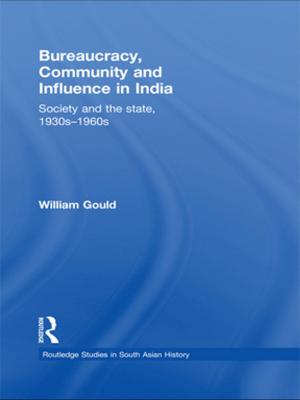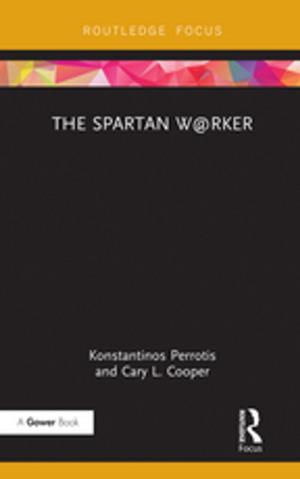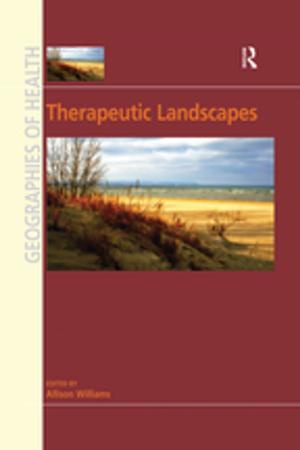The Responsibility to Protect
Perspectives on the Concept's Meaning, Proper Application and Value
Nonfiction, Social & Cultural Studies, Political Science| Author: | ISBN: | 9781134989614 | |
| Publisher: | Taylor and Francis | Publication: | March 8, 2018 |
| Imprint: | Routledge | Language: | English |
| Author: | |
| ISBN: | 9781134989614 |
| Publisher: | Taylor and Francis |
| Publication: | March 8, 2018 |
| Imprint: | Routledge |
| Language: | English |
This book presents the views of various international law and human rights experts on the contested meaning, scope of application, value and viability of R2P; the principle of the Responsibility to Protect . R2P refers to the notion that the international community has a legal responsibility to protect civilians against the potential or ongoing occurrence of the mass atrocity crimes of genocide, large scale war crimes, ethnic cleansing and crimes against humanity. R2P allows for intervention where the individual State is unable or unwilling to so protect its people or is in fact a perpetrator. The book addresses also the controversial issue of whether intervention by States implementing R2P with or without the endorsement of the United Nations Security Council constitutes a State act of aggression or instead is legally justified and not an infringement on the offending State’s sovereign jurisdiction. The adverse impact on global peace and security of the failure to protect civilians from mass atrocity crimes has put in stark relief the need to address anew the principle of ‘responsibility to protect’ and the feasibility and wisdom of its application and this book is a significant contribution to that effort. This book was originally published as a special issue of the International Journal of Human Rights.
This book presents the views of various international law and human rights experts on the contested meaning, scope of application, value and viability of R2P; the principle of the Responsibility to Protect . R2P refers to the notion that the international community has a legal responsibility to protect civilians against the potential or ongoing occurrence of the mass atrocity crimes of genocide, large scale war crimes, ethnic cleansing and crimes against humanity. R2P allows for intervention where the individual State is unable or unwilling to so protect its people or is in fact a perpetrator. The book addresses also the controversial issue of whether intervention by States implementing R2P with or without the endorsement of the United Nations Security Council constitutes a State act of aggression or instead is legally justified and not an infringement on the offending State’s sovereign jurisdiction. The adverse impact on global peace and security of the failure to protect civilians from mass atrocity crimes has put in stark relief the need to address anew the principle of ‘responsibility to protect’ and the feasibility and wisdom of its application and this book is a significant contribution to that effort. This book was originally published as a special issue of the International Journal of Human Rights.















